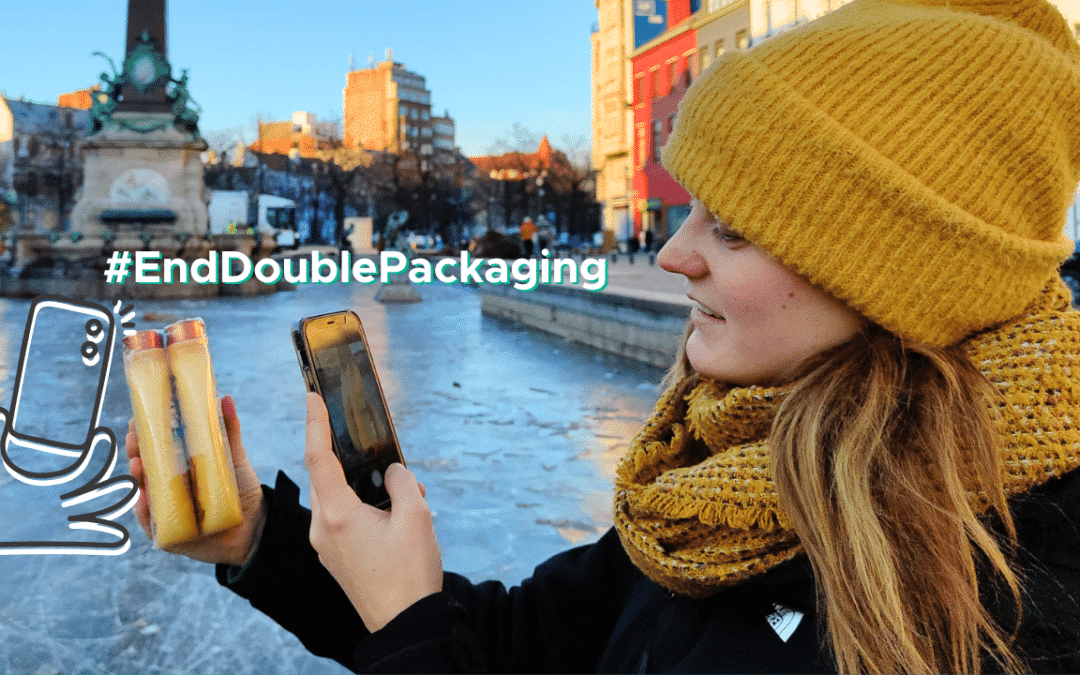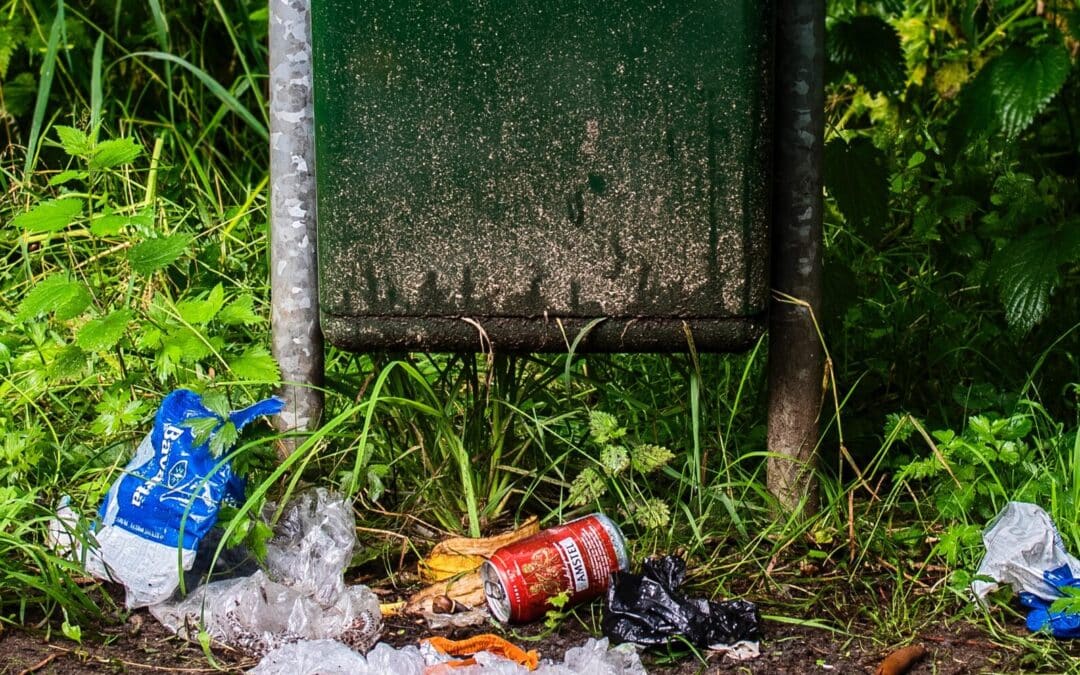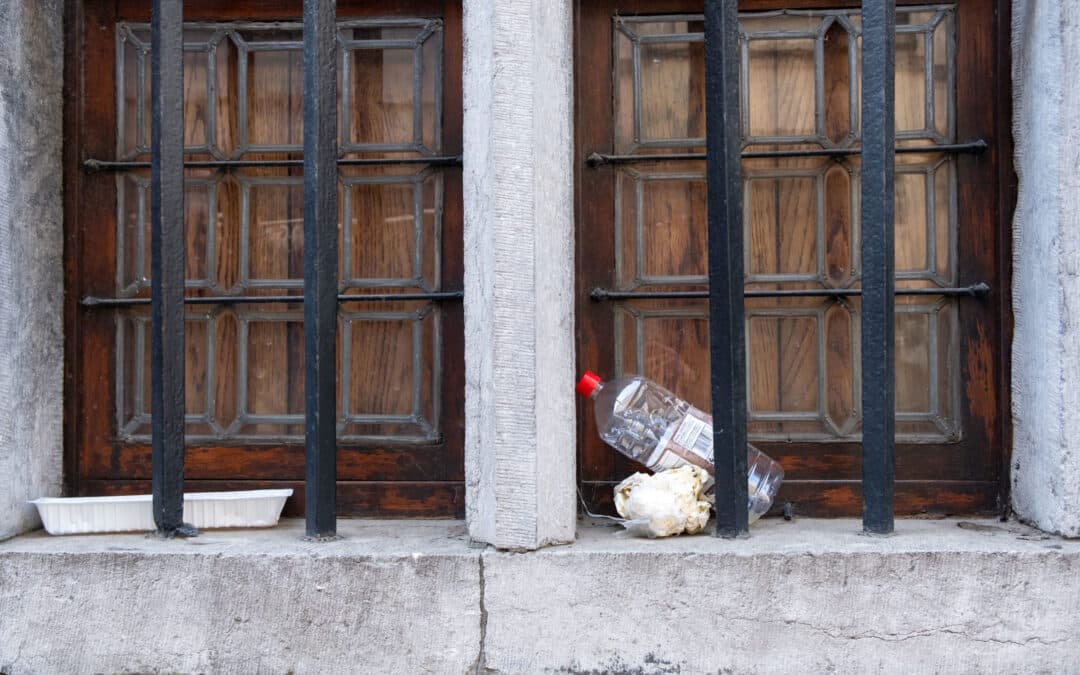Recycling Netwerk Benelux congratulates the Netherlands’ State Secretary for Infrastructure and Water Management Stientje van Veldhoven (D66) with the progress made last Friday when she published the draft legislation for the introduction of a deposit on cans. Recycling Netwerk calls on the Dutch government and the House of Representatives to complete the entire procedure before the elections in March 2021.
The latest monitoring report on the amount of cans found in litter by the Directorate-General for Public Works and Water Management leaves very little doubt that a deposit will also be issued on beverage cans. The report shows that in the first half of 2020, 19% more cans were found in nature as compared to the reference period in 2016/2017.
“It is an utopian dream to believe that the companies involved could still reverse this upward trend and actually achieve the 70 to 90 percent decline as requested by the government. We ask the government to advance its final decision, so that it will be taken within this government’s term of office,” says Recycling Netwerk director Rob Buurman.
Precedent
There is indeed a precedent for moving the final decision forward. In the autumn of 2019, it turned out that the number of plastic bottles in the environment did not decrease as promised by the industry – but increased instead. Therefore, State Secretary Stientje van Veldhoven advanced the decision moment concerning the introduction of a deposit return system (DRS) on plastic bottles to spring 2020. Consequently, in April 2020 the government decided to introduce the deposit on plastic bottles, which will take effect on 1 July 2021.
A significant and growing part of the business community also desires a rapid decision on the cans in order to gain clarity on the investments necessary on their part.
The political will to introduce a deposit on cans has increased sharply over the recent years. The draft legislation the government approved last Friday results from two political resolutions, tabled by MPs Paternotte and others and Dik-Faber and others and adopted by the House of Parliament in October 2019.
Recommendations
We do add two comments to the text of the draft decision. First of all, we advise the government to immediately include drink pouches in the deposit legislation, because they very often end up in the litter as well.
Secondly, it is highly unlikely that the 90% separate collection target, which is legally prescribed by the draft decree, will be achieved with a deposit amount of € 0.15 per can. Research by CE Delft shows that with a deposit amount of € 0.15 per can, one can expect a return percentage of approximately 88%. We therefore advise the government to set a minimum amount that guarantees the 90% separate collection target.
Decision for a deposit on plastic bottles is already a success
Although the deposit on small plastic bottles will only take effect on 1 July 2021, this government decision has already proven to be a success. Less than five months after this political decision, Coca-Cola Netherlands already stated that their Dutch bottles will soon be made entirely of recycled plastics (100% rPET). The Netherlands is the second country worldwide, after Norway, where the multinational beverage producer is taking this step. Coca-Cola explicitly said to have been motivated to do so by the deposit decision by government Rutte III. This drew the attention of Forbes and the Financial Times, among others media.
Dutch businesses also ask for a deposit on cans
A rapid introduction of a deposit on cans will allow more cans to be recycled, which is a step towards making this type of packaging more sustainable. “Recycling Aluminum Verpakkingen Nederland, a federation of businesses using aluminium packaging, called publicly for the deposit on cans to go into effect earlier than 2022. And bottled water producer Spadel Nederland has also been asking the government to decide for a deposit on cans.
On top of that, one can read in the Explanatory Memorandum to the draft legislation, that the income for the industry is higher than the costs they bear when introducing a deposit on cans. This leaves the industry without any reason to put off the decision any longer.
Furthermore, litter disposal costs for municipalities are expected to drop sharply, by up to 50 million euros. An additional 1.5 to 6 million euros is saved on emptying waste bins. The government also expects a CO2 emission reduction of 23 Kton thanks to a deposit on cans.
“The sooner a deposit will be implemented, the better. We call on the government and the House of Representatives to make a final decision to introduce a deposit on cans during this term of office. We ask the Dutch business community to support politicians in this”, environmental organization Recycling Netwerk concludes.



